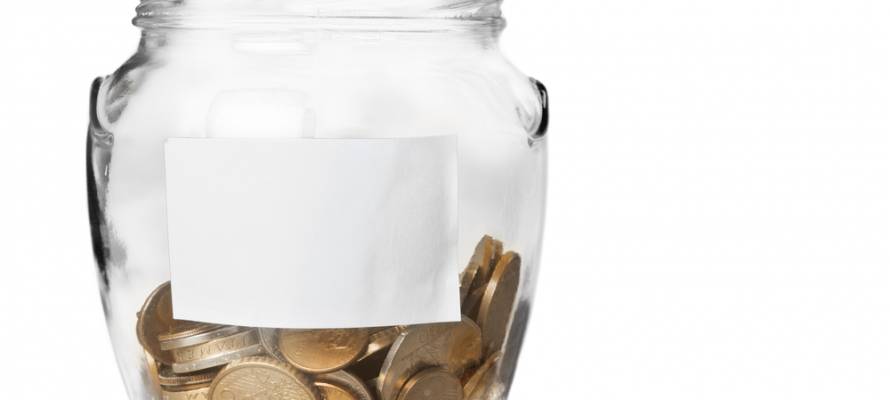
By Rabbi Ari Enkin, Rabbinic Director, United with Israel
Donations and contributions are what helps societies, and more specifically, communities, properly function. Your congregation, your local charity, your activist movement, all need your help.
This week’s Torah portion is “Teruma” (Exodus 25:1-27:19) which means “donation.” In our reading this week God commands Moses to build the Mishkan, frequently translated as the “tabernacle” or “sanctuary.” As the Torah says: “They shall build for Me a sanctuary so that I may dwell in their midst”.
The Mishkan was essentially the portable synagogue that the Jewish people took with them everywhere they went throughout their forty years of wandering in the desert. It was easily disassembled, compact, and portable, making it relatively simple to set it up at each encampment. The Mishkan was “the” sanctuary right up until King Solomon built the Holy Temple in Jerusalem.
Being that the Mishkan was a communal project, the entire nation was required to contribute (“Teruma”) to its construction. Everyone was asked to supply all that was needed for its construction and operation, including metals, fabrics, hides, wool, oil, spices and incense, among other items. Among the vessels of the Mishkan, and later of the Holy Temple, was the altar for animal sacrifices, the incense altar, the table upon which the breads were kept, and of course, the Holy Ark in which the tablets of the Ten Commandments were kept. All of the above is described in great detail – too numerous to elaborate upon here. Be sure to look it up!
Back to charity and the Mishkan. Although every person was asked to donate as much as they felt they could, there was also a minimum donation that every Jew was required to make: the half-shekel coin. Every person was expected to donate a half-shekel coin. It did not matter if one was rich or poor, learned or ignorant, honored or simple. The half-shekel contribution was intended to show that everyone is equal in God’s eyes, and that every one has a share in the community and its institutions.
Donations and contributions are what helps societies and more specifically, communities, properly function. Your congregation, your local charity, your activist movement, all need your help. Our sages teach us that at least 10% of one’s income should be used for charitable purposes. The Torah portion of “Teruma” allows us a moment to contemplate our charitable donations. Do we give enough? Do we give when needed? Do we give with a cheerful countenance? Are there others who can use our help?
Even if you’re not the wealthiest individual, remember the message of the half-shekel: No amount is too little. In God’s eyes it is one’s intention and effort, not the size of the contribution that matters. Be sure to assume your role, at any level, in the functioning of your community.
Shabbat Shalom from Israel!


